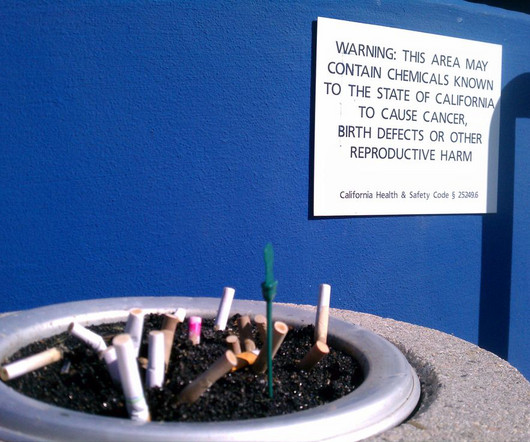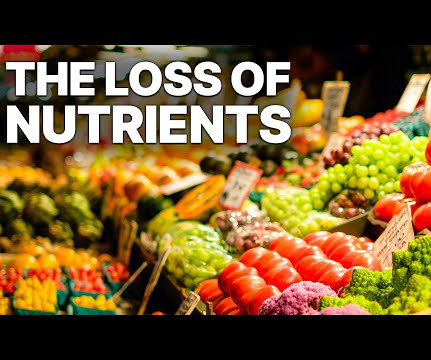Stricter toxic chemical rules reduce Californians’ exposures
Environmental Health News
OCTOBER 30, 2024
Our finding … has potentially far-reaching implications,” Claudia Polsky, a study co-author and director of the Environmental Law Clinic at the University of California Berkeley School of Law, said in a statement. “It It suggests a tangible public health payoff from the state's more stringent environmental regulations.”













Let's personalize your content